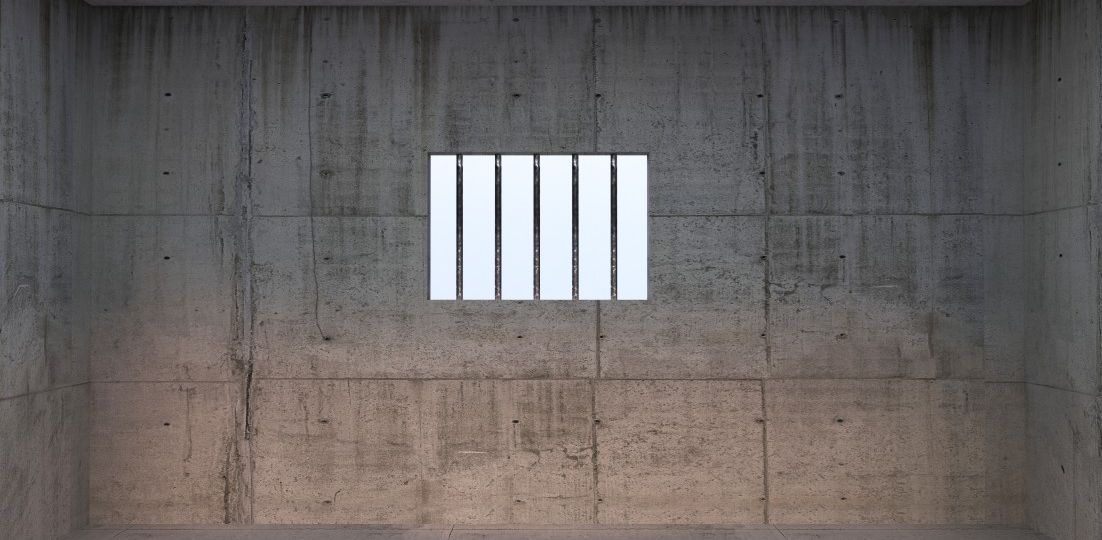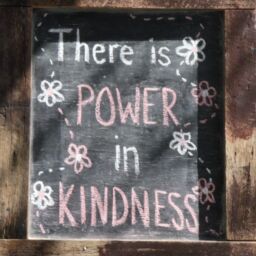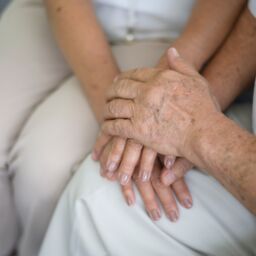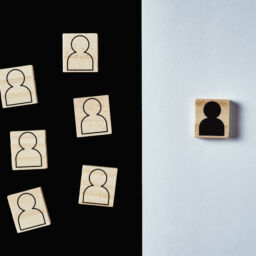
Prison Abuse refers to abuse suffered by a person who is incarcerated or under arrest. It can include Physical, Sexual, or Psychological Abuse, among others. In some cases, medical treatment may be denied, which could be considered neglect. The idea of confinement can affect mental health, and if followed by abuse, it can be traumatizing for life. Sometimes an incarcerated person is abused for years, affecting their psychological and physical health during the confinement period. The prison environment fosters constant violence and includes inmates being bullied, tortured, or forced to have physical fights and even sexual conduct with inmates. Prison Abuse can be perpetrated by both fellow inmates, prison authorities, and staff.
Sexual Conduct and Harassment
Within incarceration facilities, sexual violence is highly prevalent. Inmates may make sexual advances to others, be forced to participate in non-consensual acts, and/or be harassed using gestures and verbal slurs in a derogatory or offensive manner. Persistence from inmates for sexual favors puts inmates in difficult situations that leave them feeling they have no other choice but to comply. Jail staff, guards, and other authorities can use their power against inmates in instances of vulnerability for “exchanges” of money, favors, protection, and even special treatment. For instance, strip searches can be intimidating, embarrassing, and are a prime example of high sexual victimization. Staff touching the inmates inappropriately, threats or requests for sexual acts, privacy invasion during indecent exposure, obscene comments or remarks on the inmate’s body, and objectification with derogatory language can lead to emotional, psychological, and physical wounds, scarring the person for life.
Just because a person is in prison or jail does not mean they deserve to be abused. No one does. Many incarcerated people may not have even committed the crime they were accused of and are experiencing substantial abuse in the process.
ARO stands against all forms of abuse and unjust treatment. Learn more about overcoming different types of abuse at GoARO.org, and please consider donating to help support ARO’s mission of helping the abused.
Source:
https://bjs.ojp.gov/programs/NPRSP#recent-faqs-what-is-the-difference-between-jails-and-prisons
















